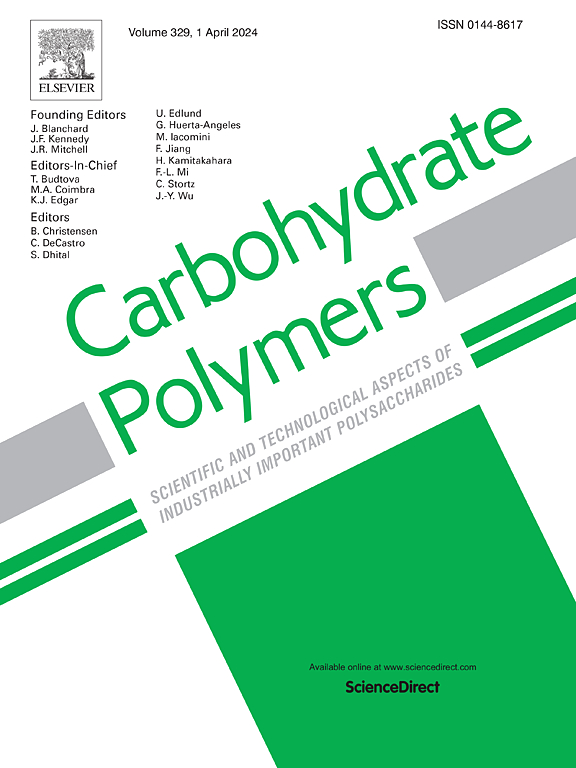The mutual effect of dietary fiber and polyphenol on gut microbiota: Implications for the metabolic and microbial modulation and associated health benefits
IF 10.7
1区 化学
Q1 CHEMISTRY, APPLIED
引用次数: 0
Abstract
Gut microbiota plays a critical role in maintaining human health by regulating digestion, metabolism, and immune function. Emerging research highlights the potential of dietary interventions, particularly dietary fiber (DF) and polyphenols, in modulating gut microbiota composition and function. DF serves as a fermentable substrate for beneficial gut bacteria, promoting the production of short-chain fatty acids (SCFAs). Polyphenols, a diverse group of bioactive compounds selectively modulate microbial populations and contribute to the production of bioactive metabolites with host health benefits. Importantly, the interplay between DF and polyphenols creates a synergistic effect within the gut microbiome, shaping microbial diversity, enhancing SCFAs production, and strengthening gut barrier function, which together support metabolic and immune homeostasis. This review systematically explores the synergistic effects of DF-polyphenol combinations on gut microbiota modulation, microbial metabolites, and their implications for overall health. The combined effects of DF and polyphenols hold promise for targeted nutritional strategies in preventing metabolic disorders and improving gut health. Moreover, the extent of these benefits is influenced by the structural characteristics of DF, the source and dosage of polyphenols, and individual gut microbiota composition. Further research is warranted to optimize DF-polyphenol interactions and facilitate their applications in personalized nutrition and functional food development.

求助全文
约1分钟内获得全文
求助全文
来源期刊

Carbohydrate Polymers
化学-高分子科学
CiteScore
22.40
自引率
8.00%
发文量
1286
审稿时长
47 days
期刊介绍:
Carbohydrate Polymers stands as a prominent journal in the glycoscience field, dedicated to exploring and harnessing the potential of polysaccharides with applications spanning bioenergy, bioplastics, biomaterials, biorefining, chemistry, drug delivery, food, health, nanotechnology, packaging, paper, pharmaceuticals, medicine, oil recovery, textiles, tissue engineering, wood, and various aspects of glycoscience.
The journal emphasizes the central role of well-characterized carbohydrate polymers, highlighting their significance as the primary focus rather than a peripheral topic. Each paper must prominently feature at least one named carbohydrate polymer, evident in both citation and title, with a commitment to innovative research that advances scientific knowledge.
 求助内容:
求助内容: 应助结果提醒方式:
应助结果提醒方式:


